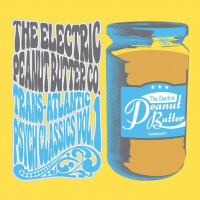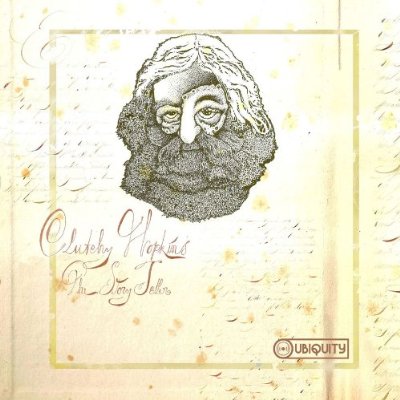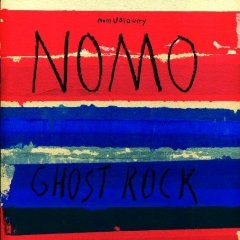After visiting San Francisco on their honeymoon and falling in love with the city, DJs Jody and Michael McFadin went back to Southern California, sold most of their possessions, and moved to San Francisco with a fuzzy dream of starting a record company. While continuing to dream about starting a label, they invested the last of their savings into a business that would combine their passion for music and provide an income to live on, and opened the Groove Merchant record store on Haight Street in 1990.
Within a year the small shop had built a reputation the world over as a place to find rare records and learn about new sounds. A haven for collectors, DJs, and producers looking for funk, soul & jazz, and break beats, the Groove Merchant even earned a toast on the Beastie Boys song “Professor Booty”, “This one goes out to my man the Groove Merchant, comin' through with the beats that I've been searchin',” rapped Mike D. on 1992's “Check Your Head” album.
read more
After visiting San Francisco on their honeymoon and falling in love with the city, DJs Jody and Michael McFadin went back to Southern California, sold most of their possessions, and moved to San Francisco with a fuzzy dream of starting a record company. While continuing to dream about starting a label, they invested the last of their savings into a business that would combine their passion for music and provide an income to live on, and opened the Groove Merchant record store on Haight Street in 1990.
Within a year the small shop had built a reputation the world over as a place to find rare records and learn about new sounds. A haven for collectors, DJs, and producers looking for funk, soul & jazz, and break beats, the Groove Merchant even earned a toast on the Beastie Boys song “Professor Booty”, “This one goes out to my man the Groove Merchant, comin' through with the beats that I've been searchin',” rapped Mike D. on 1992's “Check Your Head” album.
With start-up capital of one thousand dollars and little knowledge of the record business, the Luv n' Haight record label (named after the Sly and The Family Stone song) was launched. In 1993 the company incorporated as Ubiquity Recordings and has since grown into a company with multiple label imprints, a worldwide distribution network, clothing label and an unusually high success rate at placing music in film, TV and commercials. Incidentally, the name Ubiquity was chosen because of the label's mission to make unheard music ubiquitous.
Over the past ten years, Ubiquity has developed into a strong, definitive brand. Customers often purchase Ubiquity CDs without knowing the band, their decision based solely on the label's reputation. Excellence and customer satisfaction are primary goals, and the company remains the only record label to guarantee their releases for customer satisfaction with musical content. As a result, a cult-like customer base has developed that appreciates quality and diversity in a marketplace saturated with average and over-hyped product.
Today, the company continues the push for quality and innovation. Artists are given creative control and almost complete autonomy. Employees are hired for attitude above experience. This combination has created a company where individuals work as a team, and the end results are manifested in the music.
show less



















